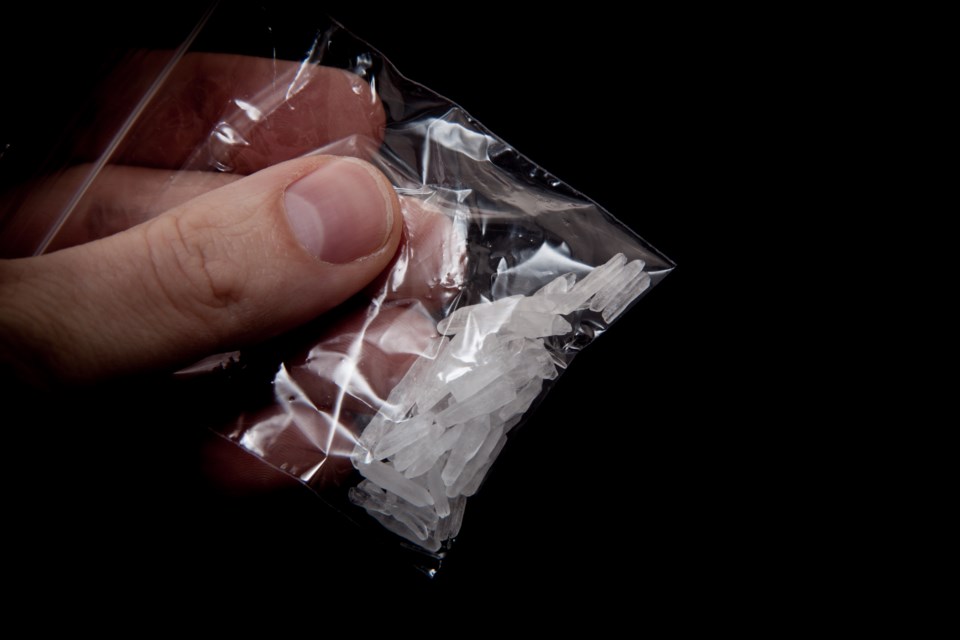Stigma can make it difficult for people addicted to drugs to seek help, so the Moose Jaw Crystal Meth Strategy Committee is challenging that problem and looking to change attitudes.
Stigma describes negative attitudes, behaviours or beliefs directed at or about people because of their situation with substance use — like crystal methamphetamine — which can look like discrimination, judgment, stereotypes or prejudice against people, explained Mary Lee Booth, prevention and awareness campaign co-ordinator with the committee (MJCMSC).
The language used has a direct and deep effect on people struggling with drugs, so when society becomes more informed about substance use disorder, that can address barriers and discrimination that could interfere with an affected individual acquiring help, she continued.
Stigma matters because, according to the Canadian Centre on Substance Use and Addiction, one in 10 Canadians experiences substance use problems today, while eight in 10 Canadians with a substance use disorder say they experienced barriers to recovery, including stigma.
Meanwhile, almost half of Canadians recovering from a substance use disorder experiences stigma when in active addiction.
Crystal meth disorder can happen to anyone, regardless of socioeconomic status, sex, race, or age, while there’s a common myth that addiction is a choice and people can stop using drugs whenever they want, said Booth.
“The truth is that substance use disorder is a health issue that often has roots in trauma, chronic stress, environmental factors, mental health and/or genetics,” she continued. “This disorder causes a person not to be able to control the impulse to use the substance, even when the consequences can be harmful or negative.”
Society might wonder why someone would use drugs in the first place, but whatever the reason or how the disorder developed, no one chooses to become addicted, Booth stated. When looked at this way, society can understand that this is a treatable medical condition where people deserve care similar to other health problems. This also makes it easier for them to seek support.
“Systemic discrimination and unintentional barriers can make it difficult for a person affected by substance use disorder to come forward for help, therefore, making it hard to move into a supported recovery,” she pointed out.
There are three types of stigmas that users face:
- Self-stigma: Individuals internalize negative messages about people who use drugs, which may lead to low self-esteem and shame. This can cause people to fear accessing supports as they believe they might be judged or discriminated against. It could also lead to individuals using drugs alone or hiding their use
- Social stigma: Generally negative attitudes or behaviours against people who use drugs or against family members and friends of users. This includes talking about addiction as a choice and the negative portrayal in daily conversations or media about people with substance use disorders
- Structural stigma: When health, social services, workplaces, and other policies unintentionally cause barriers to service or recovery support
The Moose Jaw Crystal Meth Strategy Committee recommends two resources to combat stigma. One is found at Canada.ca and is entitled “Stigma, Why Words Matter,” while another is through the Canadian Centre on Substance Use and Addiction at ccsa.ca and is entitled “Overcoming Stigma: Online Learning.”
“We can all contribute to decreasing stigma by learning more about the effect of crystal meth on the brain and how it impacts behaviour, passing on the facts and challenging stereotypes, being aware of our own attitudes and behaviours, and being compassionate toward individuals who are affected,” added Booth.
“… we can all help to create a community of support and healing."




